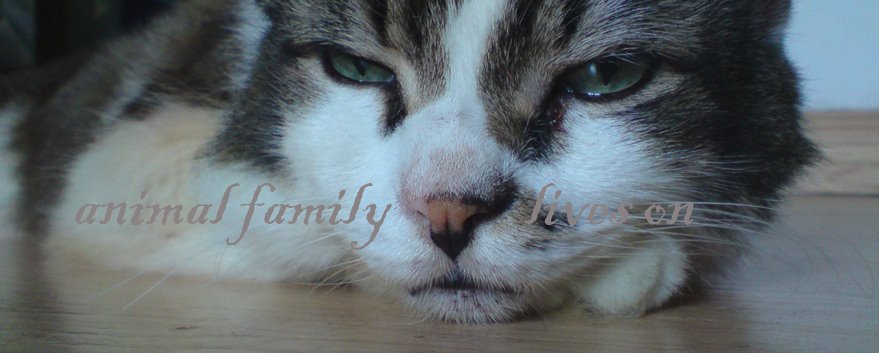
Various issues were brought up about animal performances and arguments were bandied about the necessary public education and awareness aspect of these performances against the moral question about whether it is humane to train animals to perform unnatural behaviors for education, entertainment and revenues.
While this debate will certainly continue beyond the walls of the symposium, one pertinent question did come up that provides a practical handle on why rational sounding policies are so problematic when seen from the ground level. Senior-level management of entities like the Singapore Zoo and AVA, by nature of their profession and their position are grounded in a deep understanding of animal welfare issues and do, within parameters, aim to preserve and uphold these values on an organisational and national level.
Where it often falls apart is how these policies and values are translated on a day-to-day operational level. Which begs the question, is the staff on the ground reasonably qualified, indoctrinated and trained to execute these policies and practices with the same comprehension? The answer was that there is always room for improvement.
If improvement is what they seek, the animalfamily would like to highlight that this goes beyond the question of staff selection, qualifications and training, to empowerment. Is there sufficient empowerment for the staff to provide the kind of discernment and compassion on the ground that goes a long way on an emotional issue like animal welfare? Organisations dealing with animals certainly cannot be run like other govt agencies. Their ground staff cannot be like the many mindless administrators in so many govt offices, but be recognised and managed like what they really are, the keepers and custodians of countless lives every single working day.
I see two fronts that animal welfare advocates can and should pursue. One, to engage on a policy level, and the other, to hold agencies accountable for the execution of policies to a standard that even comes close to justifying their rationale.
There is a temptation for advocates to lump the two and to use unacceptable ground practices to make the leap towards calling for policy about-turns. And that’s where they run into a brick wall.
Ultimately, there is a time for discussing policy and there is a time to simply call out undesirable practices like use of withdrawal of food and coercion on performance animals and loaning traps without proper checks and investigation, for what they are - counter-intuitive to
# Safeguarding the health of animals, fish and plants.
# Building a positive image and enhance community outreach.
# Promoting animal welfare.
# Optimising the utilisation and return on resources.
Because they said it, we didn't.
(to be contd)




1 comment:
I have added your graphic about Smalley's story to my blog with a link back to yours for donations. I hope you approve. I have three other blogs and will add Smalley on those, as well.
Although I live in the US I am well aware of what happens to kittens and cats throughout the world. I wish I could do more.
Post a Comment